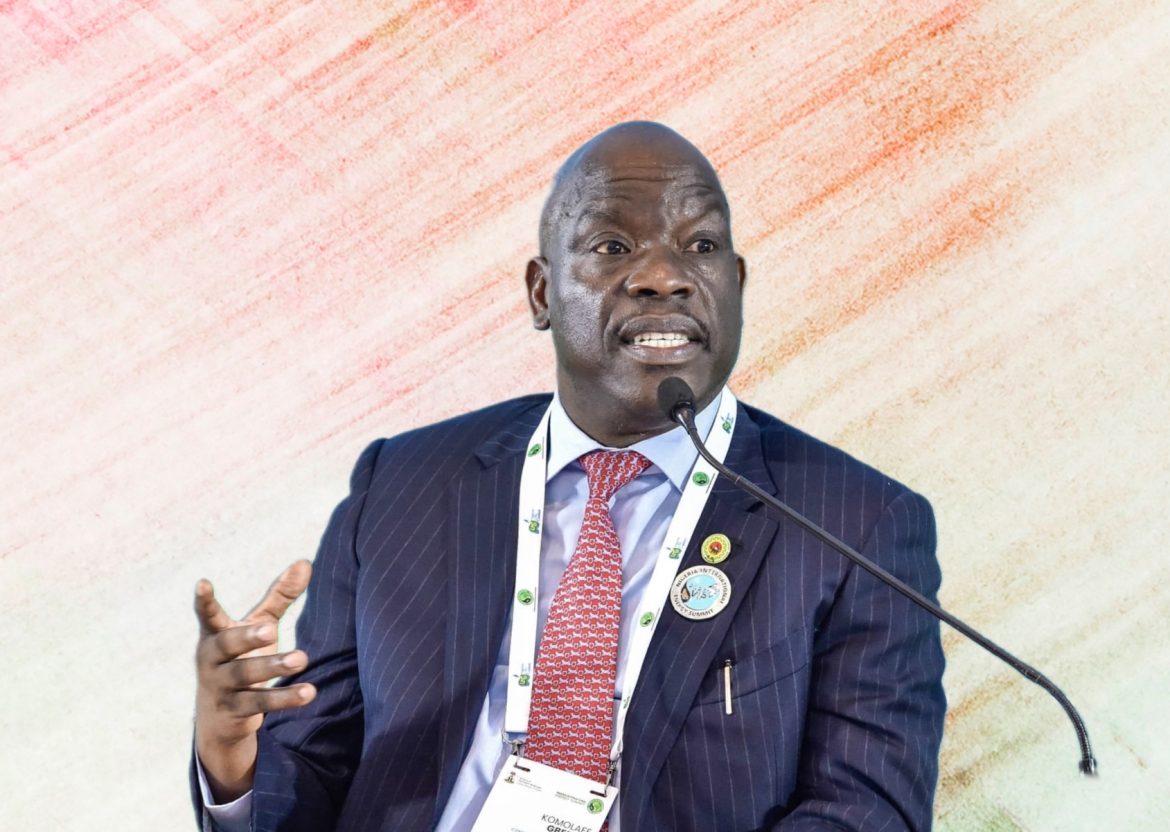KEY POINTS
- NUPRC says 28 new field developments will add 600,000 barrels a day to output.
- Projects backed by $18.2 billion in capital, unlocking 1.4 billion barrels and 5.4 tcf of gas.
- Regulator urges investors to seize upcoming licensing round opportunities.
Nigeria’s upstream oil regulator, NUPRC, expects new field developments to add a significant lift to the nation’s production capacity as the government intensifies efforts to revive investment in its petroleum sector.
Gbenga Komolafe, head of the Nigerian Upstream Petroleum Regulatory Commission, NUPRC, said 28 field development plans approved so far this year are projected to deliver an extra 600,000 barrels of crude and over two billion standard cubic feet of gas daily.
The projects, valued at $18.2 billion in committed capital expenditure, are expected to unlock 1.4 billion barrels of oil and 5.4 trillion cubic feet of gas in total.
He made the remarks at the World Energies Summit in London, organised by Frontier Energy Network, noting that the progress signals Nigeria’s upstream sector is firmly on a growth path and continues to attract investment despite global pressures from energy transition.
Government bets on oil reforms to sustain investor confidence
Komolafe said the Tinubu administration has introduced bold reforms to turn long-standing challenges into opportunities, with the commission spearheading regulatory stability and new licensing rounds to expand exploration.
He pointed to ongoing initiatives including the 2022 Petroleum Prospecting Licences, the mini-bid round for deep offshore blocks, and the 2024 licensing programme, all designed to draw investors into underexplored basins.
“Every key metric on our performance dashboard reflects widening access and stronger investor participation,” he said. “Rig activity has surged from just eight in 2021 to seventy today, with forty-one currently drilling on site. Production has also climbed from 1.46 million barrels per day in October 2024 to about 1.8 million barrels daily.”
Major final investment decisions such as Shell’s $5 billion Bonga North project and the $500 million Ubeta Gas development underscore renewed confidence from international players, Komolafe added. More investments are expected soon, including the $2 billion HI gas project by Shell Nigeria and indigenous partner Sunlink Energies, which will supply 350 million standard cubic feet of gas daily to Nigeria LNG by 2030.
Komolafe stressed that while the global shift towards cleaner energy remains important, for Africa and Nigeria the transition is fundamentally about energy security. “Our strategy aligns with the Decade of Gas initiative, ensuring we maximise the nation’s resources while gradually integrating renewables,” he said.
With additional licensing rounds in view and a pipeline of new investments, the NUPRC chief said Nigeria’s oil and gas industry is poised for steady growth, anchored on a balance between commercial gains, local content, and sustainability.



